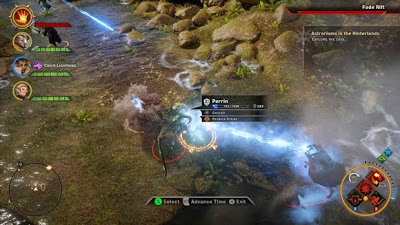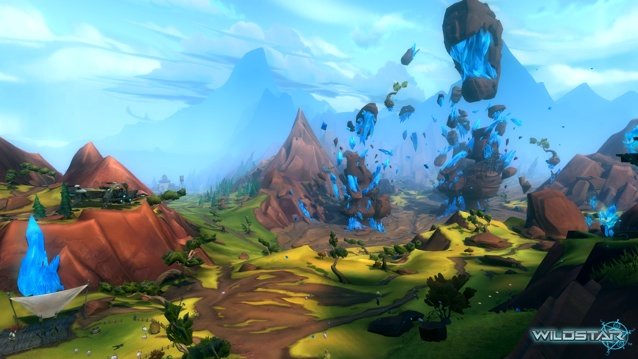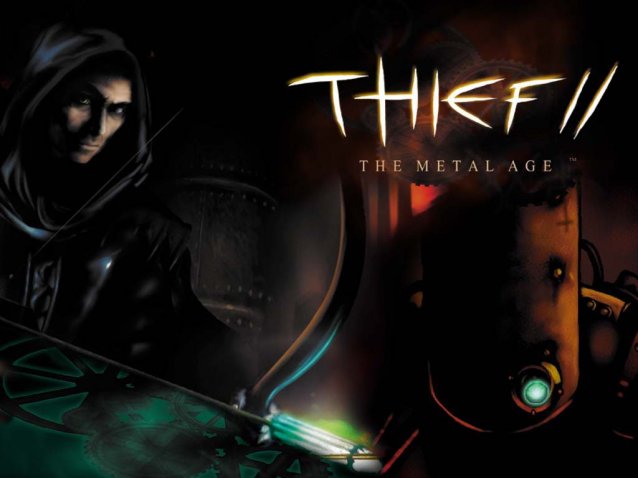

Life isn’t fair. This rule is especially true in the world of Telltale Games’ The Walking Dead: a post-civilization America ridden with zombies, bandits and myriad other dangers that have no mercy to spare for the young or the weak.
Luckily for Clementine, only one of those words describes her accurately. Having learned all that she could from last season’s protagonist, Lee, Clementine treads wearily into the first episode of The Walking Dead‘s second season, ‘All That Remains’. With the exception of the prologue, this episode picks up 16 months after the end of season one and finds Clementine and her remaining companion stopped for the night in drizzly weather under the inadequate shelter of some trees. This peace does not last long.
Much of ‘All That Remains’ is devoted to showing how much Clementine has changed from the frightened girl we saw hiding out in her treehouse with a walkie-talkie when the series began. Whilst some of the dialogue that demonstrates this comes across as a little too overt, for the most part this introduction is an effective portrayal of a little girl who has been asked to grow up too fast, and has agreed to do so. By continuing from the save files of the first season, the game also allows Lee’s actions and words to resonate in the way that Clementine can choose to deal with each major calamity or minor dispute.
Emphasis on “choose.” One of the most admirable things about the writing in ‘All That Remains’ is that Clementine does not behave like a robot pre-programmed to obey Lee’s distant instructions. She can interpret his guidance in a number of ways, or even discard it altogether as the unhelpful words of a man who ultimately proved incapable of surviving in such a harsh world.
The bleakness in ‘All That Remains’ might sound like a depressing way to pass 90 minutes of gaming time, but the darkness only makes the bright points all the more joyful – even if the franchise’s high body count might leave you dreading meeting likeable characters.
All this emphasis on storytelling is necessary for a game in which the characters and the story are the main selling point, but the gameplay is worthy of a mention as well. As with the first season, The Walking Dead continues with its blend of interactive narrative and point-and-click adventure. Combat is carried out by rapidly pointing and clicking on a weapon, and then clicking again on the target, with occasional quick time events thrown in. The QTEs are urgent enough to keep the player on their toes, but not so difficult that the game becomes a repetitive trial-and-error grind. In fact, I only needed to use one continue in this episode.
Of course, the real challenge of The Walking Dead has never been its combat. The player is tested not only for their ability to make quick decisions in nightmarish situations, but also for their willingness to stick to certain principles in the face of a world that is often just plain mean.
Should Clementine acquiesce to a stubborn character’s bone-headed way of thinking, try to calmly reason with them, or show them tough love? Should she trust people that she’s only just met, or treat them with suspicion? Should she try to be a peacemaker in other people’s disputes, or remain detached? Should she be kind or cruel? And if you choose the former, then be careful: sometimes kindness can kill.
Finally, credit is due to Telltale’s trademark comic book aesthetic and the character design and animation, which continues to convey emotion and mood as effectively as photo-realistic graphics ever could. The voice-acting remains excellent, with particular credit given to Melissa Hutchison for her portrayal of Clementine, and the music is perfectly evocative of the series’ overall tone. This is a beautiful game despite the abundance of ugliness in it.
For those who played and enjoyed season of The Walking Dead, this is assuredly a must-buy. For those who haven’t: clear your gaming schedule and get around to it as soon as possible.
The Walking Dead Season Two, Episode One: ‘All That Remains’ is available now on PC, Mac, PS3 and Xbox 360. This review is based on the PC version.




 Yahoo Games Launches New Design & Network for Developers
Yahoo Games Launches New Design & Network for Developers How to Stay Motivated on Long-Term Projects and Not Give Up
How to Stay Motivated on Long-Term Projects and Not Give Up The Dungeons of Wildstar: Dynamic Experiences and Compelling Bosses
The Dungeons of Wildstar: Dynamic Experiences and Compelling Bosses The ‘New Geeks’ and the Rebirth of a Subculture
The ‘New Geeks’ and the Rebirth of a Subculture Thieving Nostalgia - Why Thief II: The Metal Age is One of The Best Games of All Time
Thieving Nostalgia - Why Thief II: The Metal Age is One of The Best Games of All Time